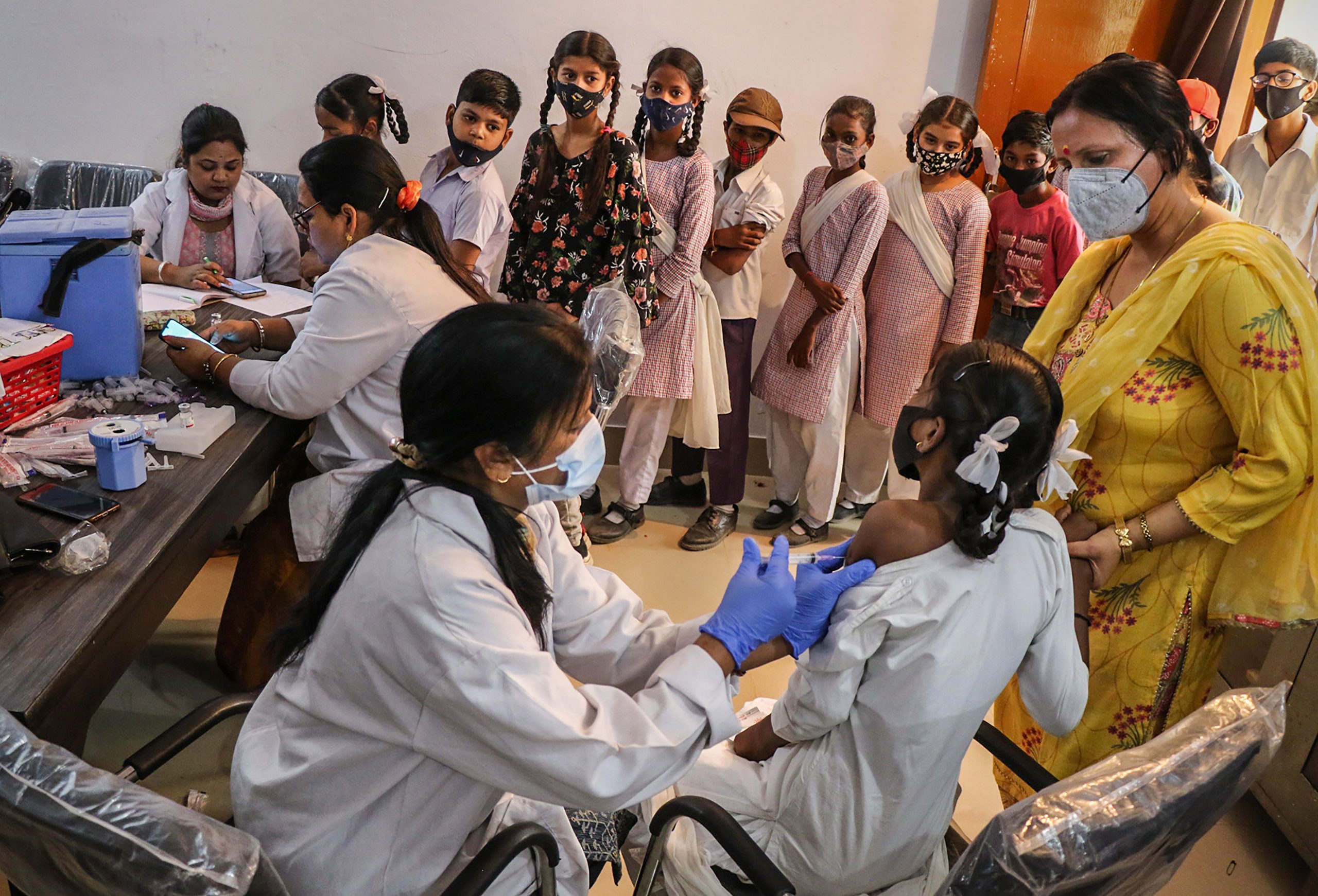The Indian Supreme
Court, in a landmark decision, on Monday said that no one can be forced to be
vaccinated. The apex court’s observation puts to rest concerns over individual rights
with regard to vaccine mandates and holds that the right to bodily integrity of
a person under Article 21 of the Indian Constitution.
A two-judge bench
of the Supreme Court, comprising Justices LN Rao and BR Gavai, held that
vaccine mandates imposed by various state governments and other authorities in context
of the COVID-19 pandemic are “not proportionate”.
Also Read | ‘Can’t be forced to be vaccinated,’ Supreme Court asks government to publish adverse-effects data
The court held
that while the government is within its rights to restrict personal liberties
in the interest of public health, such restrictions must pass the test of legality,
legitimacy and proportionality.
The petition
before the Supreme Court was placed by Jacob Puliyel, a former member of the
National Technical Advisory Group on Immunisation (NTAGI). It argued that
mandating vaccinations by states for accessing benefits or services is a
violation of citizens’ rights and therefore unconstitutional.
Also Read | Shanghai’s COVID troubles shift to Beijing in worsening outbreak
The petition said
many states have made vaccines necessary for state government employees, for
travel in public transport and to access subsidised food grains.
Also Read | Explained: The post-mask world of travel
Responding to the
petition, the Supreme Court observed: “No data has been provided by the Union
of India or States before us controverting the material placed by the
petitioner which indicates the risk of transmission by unvaccinated is at par
with the vaccinated.”
Also Read | China’s ‘zero-COVID’ restrictions to dampen holiday travel
“In light of this,
the vaccine mandates cannot be said to be proportionate till the infection rate
remains low and new development of research emergence which justifies the
mandate,” the court said.
The Supreme Court
has called upon the government to review curbs placed on the unvaccinated and
clarified that the court’s decision does not extend to any other directions on
COVID-19 behaviour issued by authorities.
Mandating
vaccinations has been a contentious issue across the world since COVID-19
vaccinations first came into the scene. The United States, Australia, Canada
and several other nations have battled the question of vaccine mandates. While
many nations did mandate vaccines when infection rates were high, the mandates
were rolled back once transmission weakened.
Also Read | Interval between second COVID vaccine, booster dose to remain 6 months
The Indian Union government,
in response to the petition before the Supreme Court, had said that the
petition was against “national interest” and would create vaccine hesitancy.
Tamil Nadu, Madhya Pradesh and Maharashtra, three states which had mandated vaccines,
defended their position stating that the mandates were essential for the safety
of every person, especially those using public spaces and transport.







